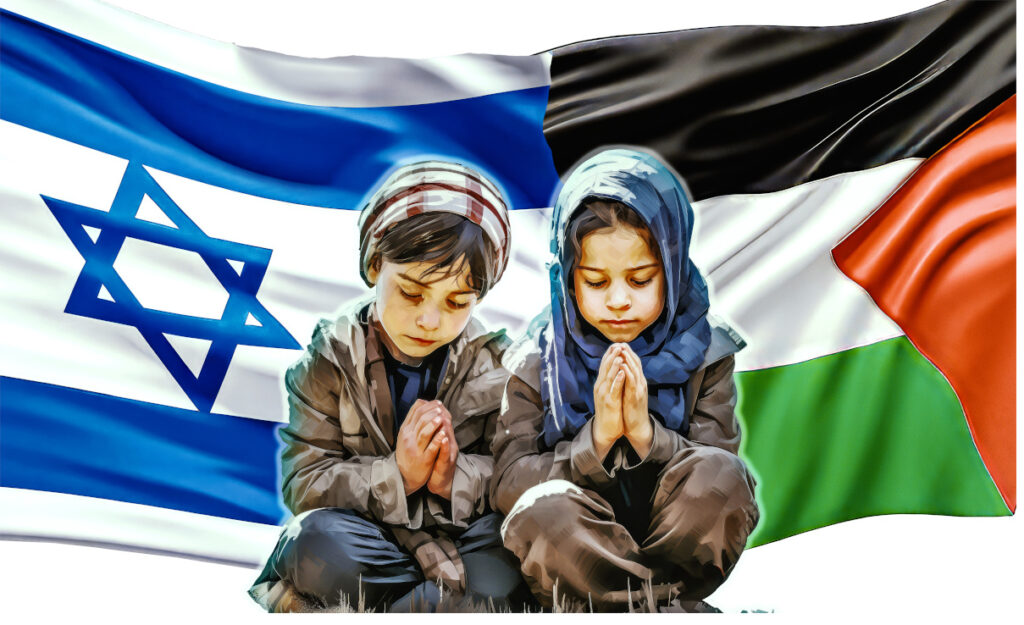November 21, 2023
The Interfaith Peace Project continues its ongoing observance of the International Day of Peace, September 21, by sending out a reflection on the twenty-first of every month. We invite you to share in this effort by sending any articles or information that you would like to share to:
Thomas P. Bonacci, C.P
[email protected]
925-787-9279

stock.adobe.com yin foo Tan
A TIME OF CONFLICT
Continuing to Observe
The International Day of Peace
by Thomas P. Bonacci, C.P.
Recently, one major academic institution apologized for any hurt its statement on the Middle East may have caused. The statement may have seemed fair, balanced, and compassionate to the general readership, yet some took offense. Many organizations and individuals are struggling with the most sensitive way to offer support to those caught up in the war between Hamas and Israel. It is often difficult for those not immediately involved in the situation to find the proper words to express their concern and care for those who are suffering. Some have suggested that the best statement is no statement since someone will be offended by any statement. We must be careful.
The reaction to any given statement is part of the process of dialogue by which we come to understanding and insight. Dialogue results in a better understanding and appreciation of the many viewpoints that often occasion controversy or conflict. Even though tempers may flare, and feelings might be hurt, dialogue is worth the risk if reconciliation and understanding are to be achieved. We must be grateful for those who risk speaking out in moments and situations of turmoil.
Several perspectives come to mind. First, the war between Israel and Hamas does not justify any form of antisemitism or Islamophobia. Nothing justifies antisemitism or Islamophobia. The policy of any one Nation does not condone the condemnation or killing of anyone anywhere. This is the problem with suggesting Nations are religious entities. The religion that may influence any particular community must serve as a moral force, challenging the political and governmental establishment to act in humane and just ways.
Take the Middle East for example. The Sacred Scriptures of Judaism, Islam, and Christianity challenge any hatred or injustice by which violence is normalized, terrorism is legitimized, and prejudice is condoned. Religious leaders and the faithful must resist the idea that religion should be used to justify harming others in the name of God.
Think of the Civil Rights Movements in the United States. The very Scriptures that were used to uphold slavery and the dehumanization of people were the very texts used to uphold the rights of all people to enjoy their dignity as human persons.
Religions are as angry as the unresolved conflicts found in the human heart. Such anger must not be allowed to inform our political decisions or way of life. One statement is clear. Too many children have been harmed, tortured, and murdered. The blood of the children calls out from the ground, pleading with us to examine our hearts and dedicate ourselves to the well-being of one another.
Blessings to you, Holy Community, for struggling with the moment as you seek to understand how best you can contribute to peace. Thank you for striving to be people of compassion in a time of strife and conflict.


Off